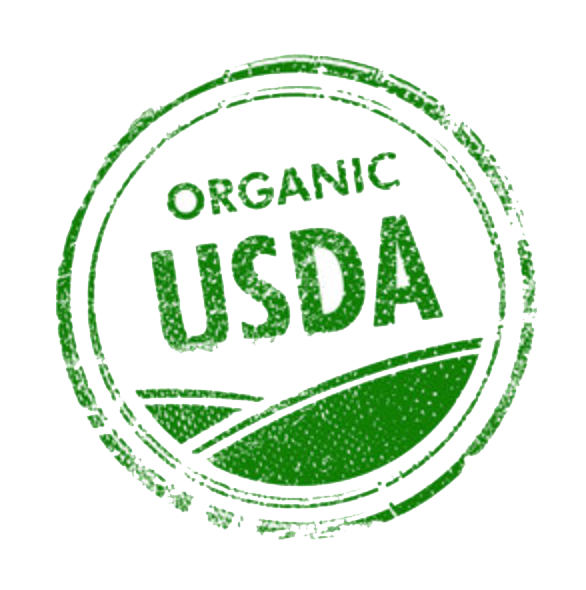
Can excessive intake of probiotics be harmful?
In this fast-paced era, we are increasingly mindful of our health, particularly that of our gut, often referred to as the "second brain," owing to its profound impact on our overall wellbeing. With heightened health awareness, probiotics have emerged as a popular choice for many in their daily wellness routines. But here arises the question: Can we safely supplement with multiple strains of probiotics simultaneously? And does the quantity of strains supplemented truly equate to greater benefits?
When delving into the dosage of probiotics, it's imperative to consider their potential implications and significance. As guardians of gut health, probiotics play a pivotal role in maintaining the balance of gut microbiota, facilitating nutrient absorption, and bolstering immunity. Nevertheless, like everything else, there's a fine line; probiotic supplementation too must adhere to scientific principles to avert potential risks associated with overconsumption.

Benefits of Moderate Intake:
- Maintaining Gut Microbiome Balance: Moderate amounts of probiotics assist in regulating the ratio of beneficial to harmful bacteria in the gut, thereby promoting gut health.
- Enhancing Digestion and Absorption: Probiotics participate in the digestive process, aiding in the breakdown of difficult-to-digest food components and improving nutrient absorption efficiency.
- Boosting Immunity: The gut being a crucial component of the body's immune system, probiotics strengthen the gut barrier function, contributing to an overall enhancement of immunity.
Signs Indicating Excessive Probiotic Consumption:
If you notice the following symptoms after taking probiotics, they may be indicative of overconsumption:
• Abdominal Discomfort: Symptoms such as bloating, abdominal pain, or diarrhea may arise due to excessive proliferation of probiotics in the gut, placing additional strain on the intestinal system.
• Dependency Issues: Prolonged and excessive consumption of probiotics may diminish the gut's natural ability to produce its own probiotics, leading to dependency.
• Immune Reactions: In rare cases, excessive probiotic intake can trigger immune responses, manifesting as skin rashes, allergies, or other hypersensitivity reactions.
Probiotic Foods May Potentially Cause Headaches
Claims that amine compounds in probiotic foods can cause headaches are actually not a universal phenomenon. Nevertheless, certain probiotic-fermented foods (such as cheese and beer) may contain higher levels of amines like tyramine, which could trigger headaches or migraines in specific individuals. If you are sensitive to these foods, it is advisable to consume them in moderation or avoid them altogether.
Can Certain Ingredients Cause Adverse Reactions?
Indeed, certain ingredients in probiotic foods or supplements can elicit adverse reactions. For instance, some probiotic products may contain lactose or gluten, which can cause discomfort for individuals with lactose intolerance or gluten allergies. Furthermore, additives or preservatives may also trigger reactions. Therefore, when selecting probiotic products, it is crucial to carefully read the ingredient list and avoid products containing allergens or ingredients you are intolerant to.
Can Probiotics Increase the Risk of Infection in Some Individuals?
For individuals with compromised immune systems, such as HIV patients or cancer patients undergoing chemotherapy, excessive or inappropriate probiotic consumption may elevate the risk of infection. Their immune systems might not be able to adequately defend against certain strains or impurities in probiotics. Thus, these individuals should consult a doctor or nutritionist before taking probiotics.
Can Poor-Quality Probiotics Cause Reactions?
Inferior probiotic products, due to irregular production processes, impure strains, or insufficient activity, may lead to a series of adverse reactions. These might include gastrointestinal discomfort, immune responses, or infections. Therefore, when choosing probiotic products, opt for reputable brands with quality assurance and follow the product instructions or advice from doctors and nutritionists.
What is the Correct Daily Dosage of Probiotics?
The appropriate daily dosage of probiotics varies from person to person, depending on factors such as individual gut health, age, gender, and dietary habits. Generally speaking, a daily intake of 1 to 60 billion active probiotics is considered suitable for adults. However, the specific dosage should be determined based on product instructions or the advice of doctors and nutritionists. It is also essential to avoid blindly pursuing high doses to prevent potential adverse effects from excessive consumption.
How to Avoid Over consumption:
So, how can we intelligently select and scientifically supplement probiotics? Here are a few tips:
-
Understand Your Needs: Firstly, identify your gut health status and specific requirements. If you're experiencing issues like constipation, diarrhea, or low immunity, you can choose probiotics tailored to address these concerns.
-
Consult Experts: When selecting probiotic supplements, consider seeking advice from doctors or nutritionists. They can provide personalized recommendations based on your unique circumstances.
-
Focus on Strain Quality: High-quality probiotic supplements should contain a sufficient number of active strains that can stably survive and function in the gut.
-
Supplement Moderately: Follow the product instructions or advice from professionals to supplement probiotics in moderation. Excessive consumption does not necessarily yield better results and may instead impose unnecessary burdens.
-
Observe Responses: After taking probiotics, pay attention to your body's reactions. If you experience any discomfort, promptly adjust the dosage or discontinue use and seek professional help.
Conclusion:
In summary, supplementing with multiple probiotics is not necessarily a case of "the more, the better." We need to select the appropriate types and quantities of probiotics based on our gut health status and specific needs. Maintaining a scientific and rational approach, avoiding blindly following trends or overconsumption, is essential. Only then can we truly reap the health benefits of probiotics and foster a harmonious and thriving gut microbiome.






Оставить комментарий
Этот веб-сайт защищается hCaptcha. Применяются Политика конфиденциальности и Условия использования hCaptcha.